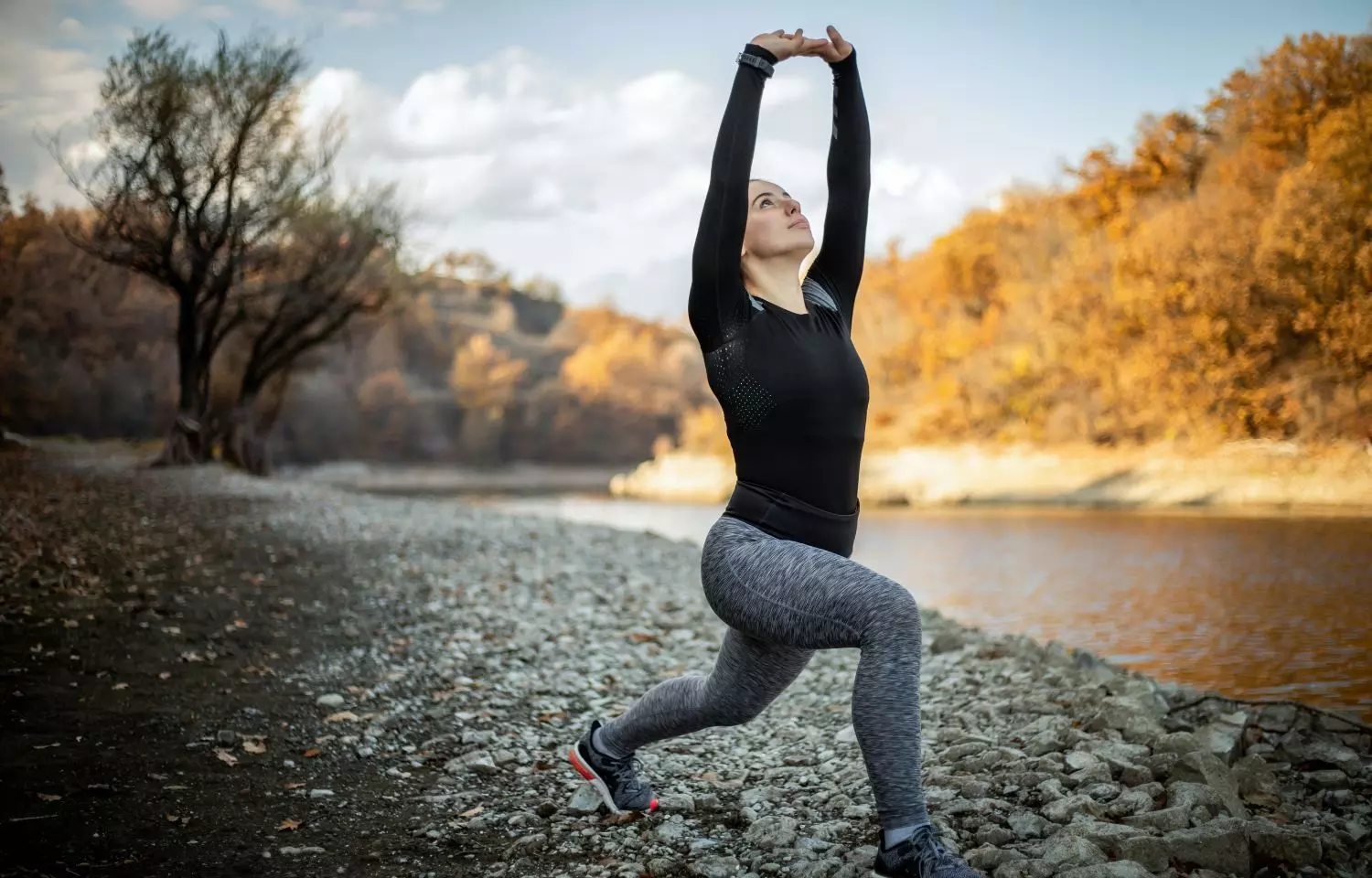Reformer Pilates Eases Pain and Boosts Well-being in Chronic Pain Patients: Study

A new study published in the journal of BMC Psychology revealed that reformer pilates significantly reduces pain intensity, fear of movement, and fatigue in patients with chronic musculoskeletal pain. The practice also promotes active living and improves both mental and physical health, with some effects reaching clinical significance.
Chronic pain is often defined as persistent or recurring pain that lasts more than 3 months. According to data from a number of studies, international treatment guidelines for the management of musculoskeletal pain recommend resistance exercise training and flexibility exercises at least twice a week in order to preserve functional status, encourage lifetime physical activity, and enhance overall quality of life.
This trial sought to determine how Reformer Pilates affects the degree of pain, coping mechanisms, pain beliefs, fear of movement, exhaustion, and sleep quality in young adults with persistent neck and low back pain.
A total of 54 women between the ages of 30 and 50 were randomized into 2 groups. A 6-week exercise regimen consisting of 45 minutes twice a week was given to the Reformer Pilates (RP) group, whereas no exercise regimen was given to the control group (CG). The following outcomes were assessed both before and after the interventions: Pittsburg Sleep Quality Index, Tampa Kinesiophobia Scale, FACIT Fatigue Scale, Pain Coping Scale, Pain Beliefs Scale, and Brief Pain Questionnaire.
At baseline, the groups were all the same. With small to large effect sizes in pain parameters (p <0.05; Cohen’s d = 0.17–1.45), big effect sizes in dread of movement, moderate effect sizes in tiredness, and medium effect sizes in sleep quality (p <0.05; Cohen’s d = 0.43–0.86), statistical differences were detected in favor of RP. Only the passive methods sub-headings of the Pain Coping Scale and the pain beliefs organic sub-heading of the Pain Beliefs Scale showed a statistically significant difference between the groups (p > 0.05).
Overall, these findings indicate that Reformer Pilates workouts assist individuals with chronic musculoskeletal pain manage their pain by fostering body-mind unification and lowering pain perception. The current study broadens the focus by assessing the neurophysiological and cognitive impacts of Reformer Pilates, especially in connection to pain beliefs and coping mechanisms, whereas earlier research has mostly concentrated on the physical advantages of Pilates.
Source:
Şahan, N., Uluğ, N., & Özeren, A. (2025). Effects of reformer pilates on pain, psychological factors, and sleep in chronic musculoskeletal pain: a randomized controlled trial. BMC Psychology, 13(1), 836. https://doi.org/10.1186/s40359-025-03207-9



